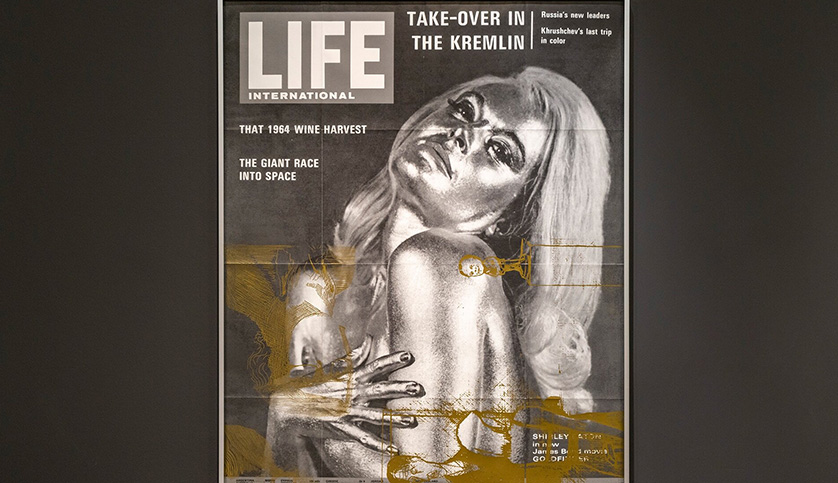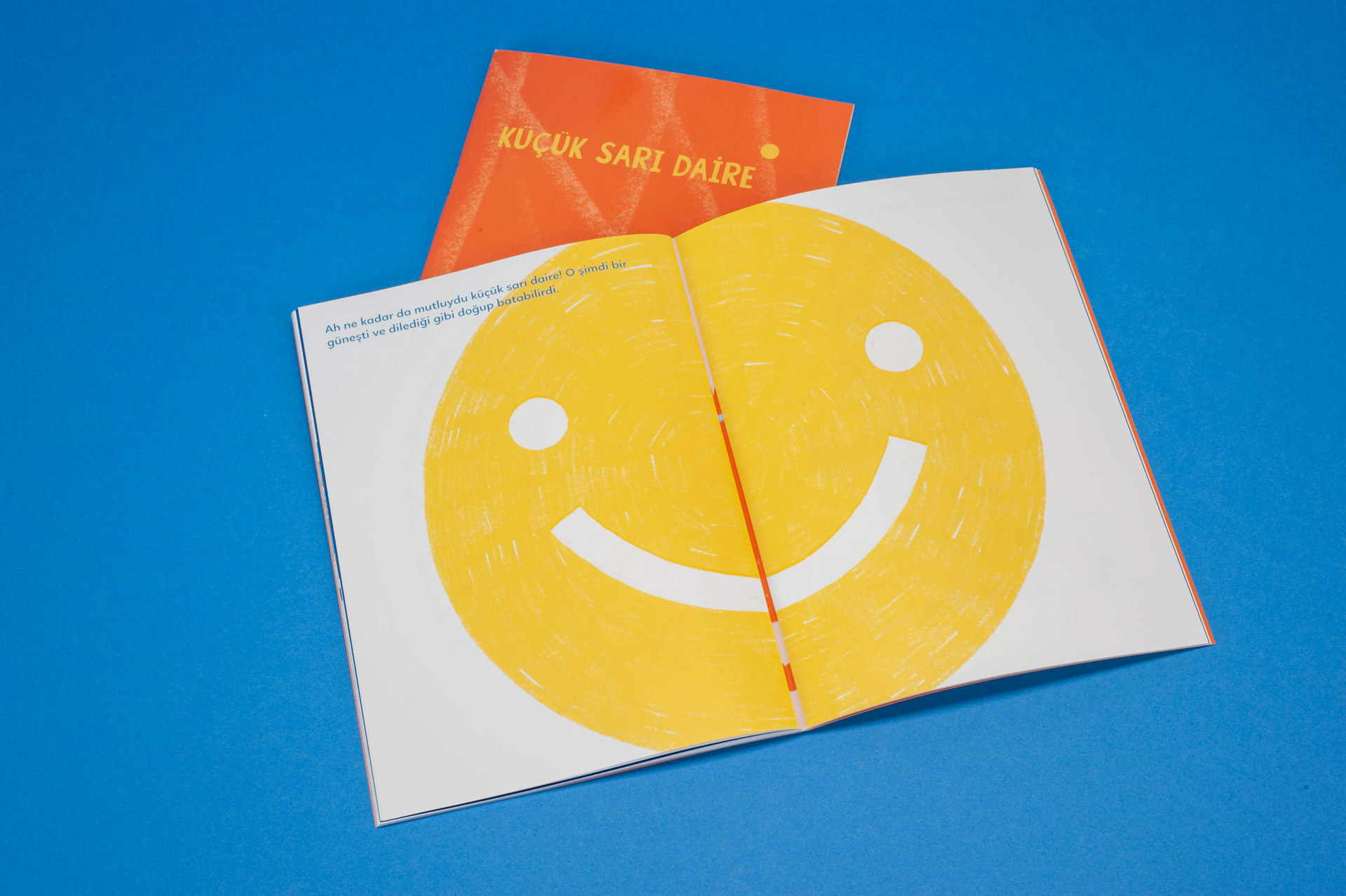Director: Petra Volpe
Cast: Marie Leuenberger, Maximilian Simonischek, Rachel Braunschweig, Sibylle Brunner
Switzerland, 2017, 96', DCP, color
Swiss German, German, Italian with Turkish subtitles
Winner of the Audience Award for Best Narrative Film at the Tribeca Film Festival, The Divine Order is set in Switzerland in 1971 where, despite the worldwide social upheavals of the previous decade, women were still denied the right to vote. When unassuming and dutiful housewife Nora (Marie Leuenberger, winner of a Best Actress award at Tribeca) is forbidden by her husband to take a part-time job, her frustration leads to her becoming the poster child of her town’s suffragette movement. Her newfound celebrity brings humiliation, threats, and the potential end to her marriage, but, refusing to back down, she convinces the women in her village to go on strike...and makes a few startling discoveries about her own liberation. Uplifting and crowd-pleasing, this charming, captivating film is a time-capsule that could not be more timely.

Inspired by the exhibition And Now the Good News, which focusing on the relationship between mass media and art, we prepared horoscope readings based on the chapters of the exhibition. Using the popular astrological language inspired by the effects of the movements of celestial bodies on people, these readings with references to the works in the exhibition make fictional future predictions inspired by the horoscope columns that we read in the newspapers with the desire to receive good news about our day.

Published as part of Pera Learning programs, “The Little Yellow Circle (Küçük Sarı Daire)” is a children’s book written by Tania Bahar and illustrated by Marina Rico, offering children and adults to a novel learning experience where they can share and discover together.
Tuesday - Saturday 10:00 - 19:00
Friday 10:00 - 22:00
Sunday 12:00 - 18:00
The museum is closed on Mondays.
On Wednesdays, the students can
visit the museum free of admission.
Full ticket: 300 TL
Discounted: 150 TL
Groups: 200 TL (minimum 10 people)